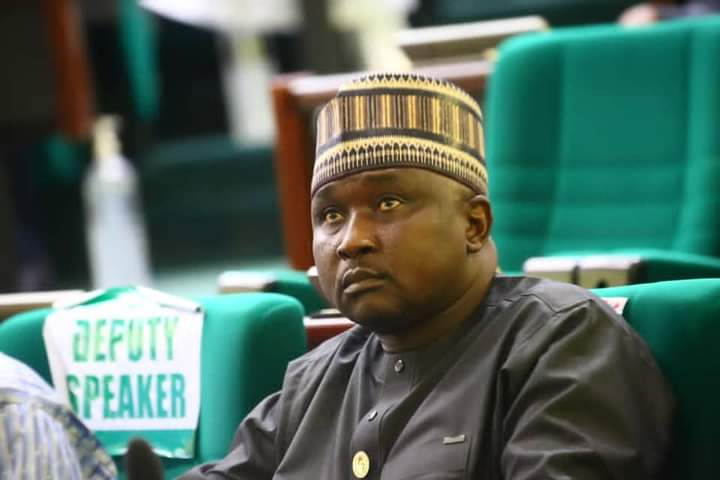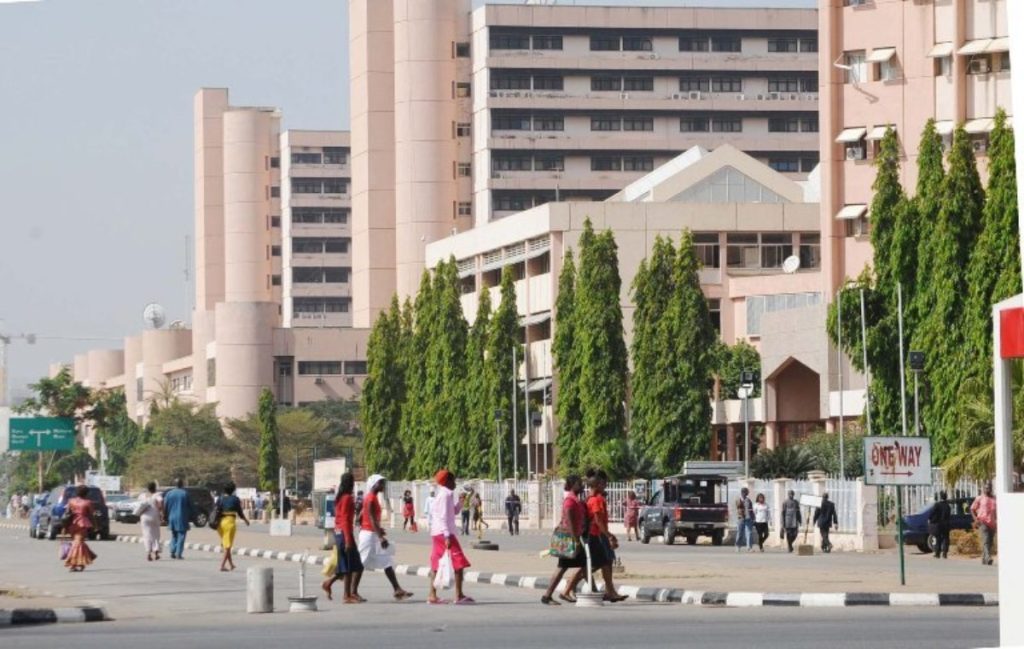A group of prominent Nigerians, led by Bishop Mathew Kukah of the Catholic Diocese of Sokoto, has intervened in the ongoing dispute between the Dangote Refinery and the Petroleum and Natural Gas Senior Staff Association of Nigeria (PENGASSAN). The intervention comes as the crisis has led to a scarcity and hike in prices of cooking gas, with the Group Chief Executive Officer of the Nigerian National Petroleum Company Limited (NNPCL), Bayo Ojulari, attributing the shortage to the industrial action.
In a joint statement, the group emphasized the importance of respecting workers’ rights to join unions of their choice, while also cautioning against disruptive industrial actions that could harm the economy. The statement noted that the Dangote Refinery represents a significant investment in Nigeria’s economic future, with the potential to improve daily life by easing supply pressures and reducing transport costs.
The refinery has already begun to have a positive impact, with petrol prices dropping by 55% in some areas. However, the group warned that industrial disputes, if not carefully managed, could discourage domestic and foreign investment, which is critical for Nigeria’s economic growth. The statement emphasized the need for a balance between workers’ rights and the protection of markets and productivity.
Other signatories to the statement include Educationist Abubakar Siddique Mohammed, Human Rights Activist Aisha Yesufu, Economist Arunma Oteh, and Investment Banker Atedo Peterside, among others. The group commended the Federal Government and the Dangote Refinery for resolving the dispute through dialogue and urged that this approach become a template for future engagements.
The crisis has significant implications for Nigeria’s economy, with Ojulari estimating that the country lost 200,000 barrels per day of crude oil production due to the strike. The group emphasized that the dispute is not just about the Dangote Refinery, but about the direction of Nigeria’s economy and its ability to attract investment and promote productivity. By resolving the dispute through dialogue, the parties involved have taken a crucial step towards building a more stable and prosperous economic future for Nigeria.



